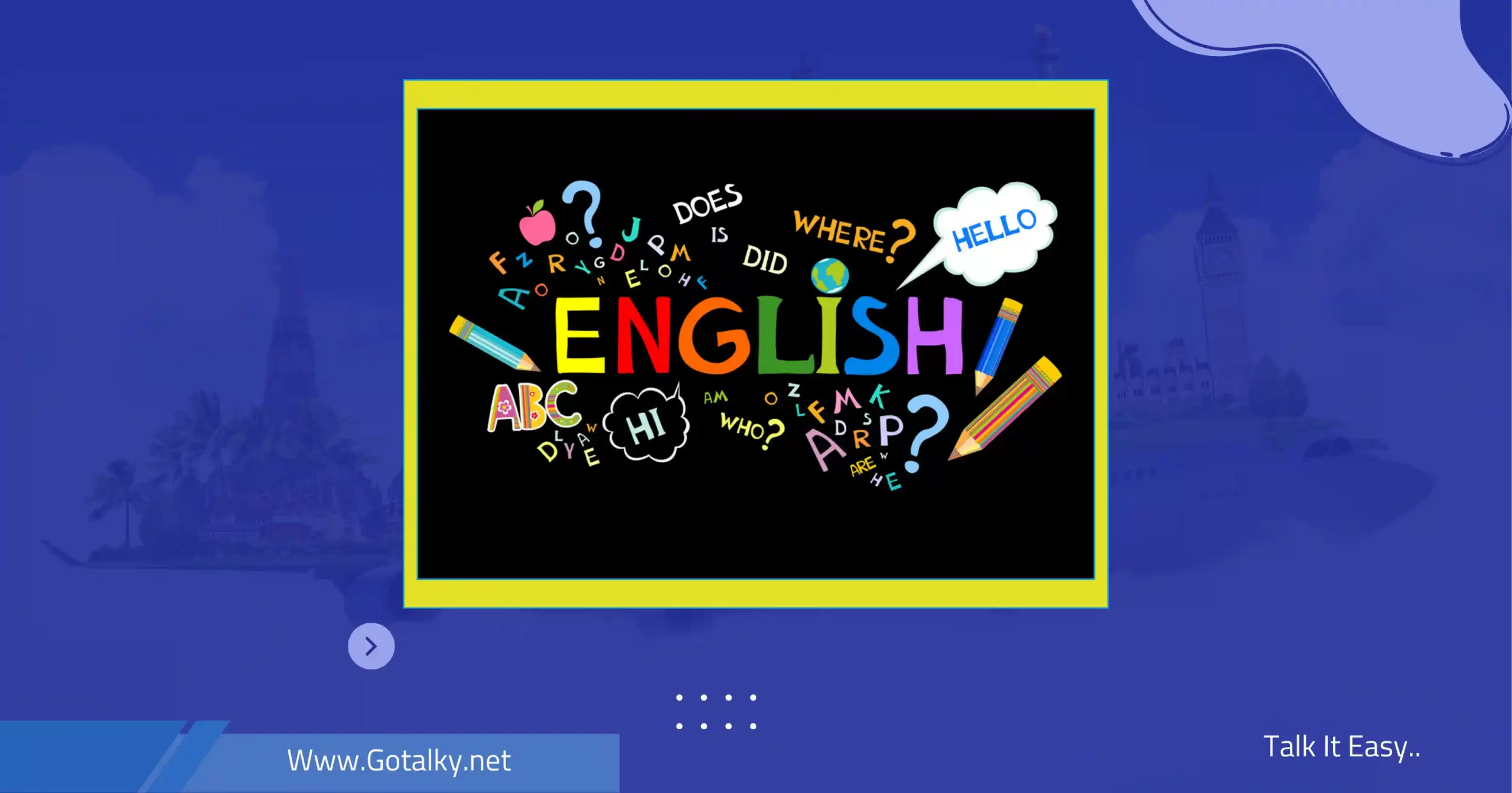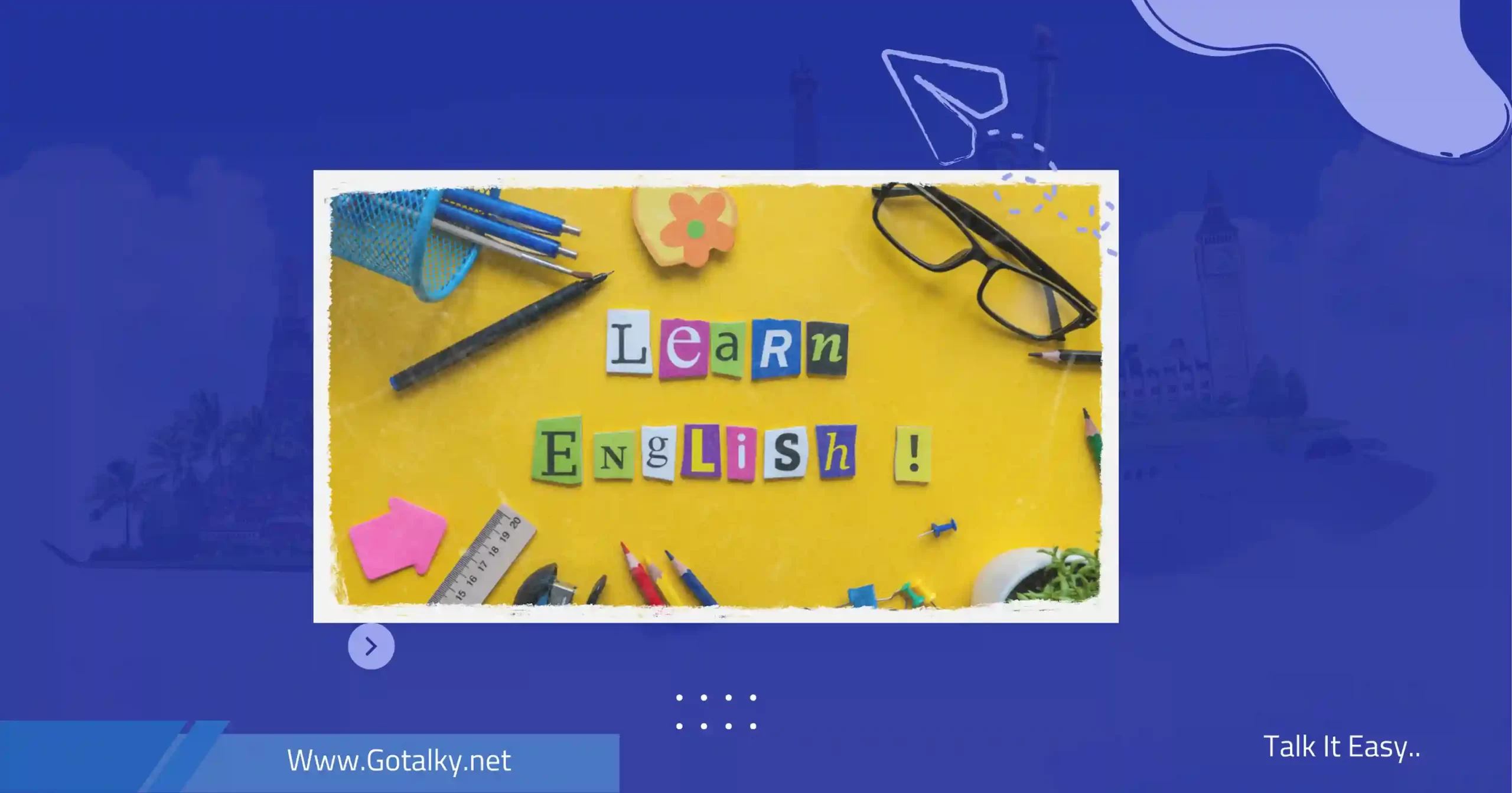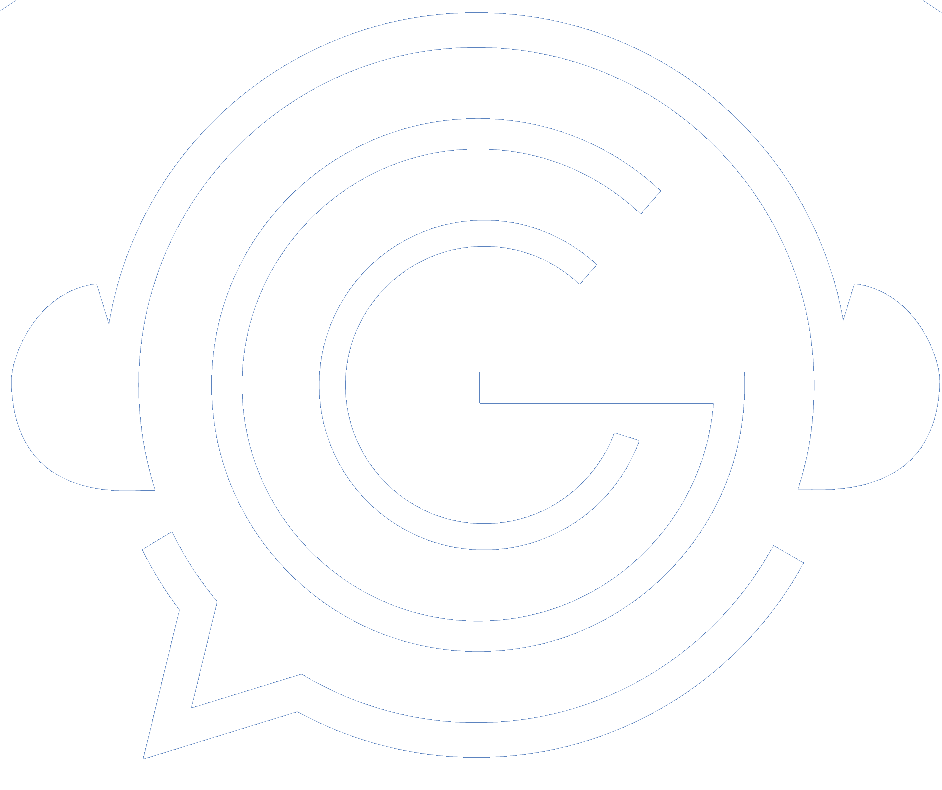Business meetings are considered the vital core of organizational operations in any organization or company. In these meetings, ideas and information are exchanged among participating members with the aim of achieving specific objectives and developing new strategies. To ensure the effective flow of the meeting and to derive maximum benefit from it, many participants rely on asking various and diverse questions. These questions play a crucial role in guiding discussions and understanding the situation better.
The nature of questions asked in business meetings varies greatly and includes a diverse range of patterns. In this article, we will outline three different types of questions posed in these meetings and how the GoTalky platform can play a vital role in providing the necessary information and data to answer these questions.
What are the types of questions?
Questions come in multiple types and serve different purposes in various life contexts. Types of questions fall into three main categories: declarative questions, open-ended questions, and closed-ended questions. In addition to diagnostic questions used to understand current problems and situations, tactical questions are related to actions and practical steps. Strategic questions deal with future direction and sustainable development. Each type of these questions contributes to guiding discussions and achieving goals effectively.
What are open-ended questions?
Open-ended questions are a type of questions that allow a detailed and comprehensive response, often requiring detailed and lengthy answers rather than simple yes or no responses or short answers. These questions open the floor for discussion and elaboration, allowing the conversation to be enriched with more information and details.
For example, if you want to know how to improve the performance of a specific work team, you can ask an open-ended question like “What factors do you believe affect the team’s performance?” This encourages participants to provide comprehensive analysis and opinions on the topic.
Open-ended questions are often used in a variety of contexts, including personal interviews, research, group discussions, and critical analysis, aiming to obtain deeper insights and detailed information.
What is a closed-ended question?
A closed-ended question is a type of question formulated to have a specific answer, usually short and direct—answered with a yes or no or using specific vocabulary. These questions are used to obtain specific and quick information, often suitable in situations that require immediate answers or when the required data is predetermined.
Examples of closed-ended questions include:
- Are you satisfied with the service you received? (Yes/No)
- Do you have previous experience in programming? (Yes/No)
- Do you plan to attend the meeting tomorrow? (Yes/No)
Closed-ended questions are usually used when the goal is to gather specific and quick information without the need to direct the discussion or inquire about additional details. This type of question can simplify research processes or questioning individuals on a specific set of matters.
What are Declarative Questions?
Declarative questions are a non-traditional type of questions used to express feelings, opinions, and needs without requiring a specific answer from the person being asked. These questions are often used in communications and social interactions to understand and share people’s feelings and opinions rather than obtaining specific information.
Examples of declarative questions include:
- “How do you feel after achieving this significant accomplishment?”
- “What are your thoughts about the current situation in the world?”
- “Do you have any suggestions on how to improve our work environment?”
Declarative questions aim to enhance emotional and social communication among individuals, enabling them to express themselves freely and share their feelings and opinions. This type of questioning can be useful in both personal and professional relationships, helping build better understanding among individuals and enhancing effective communication.
How to Pose Open-Ended Questions?
When open-ended questions are posed correctly, they can contribute to fostering effective communication and gaining deeper insight into people’s opinions and feelings in various personal and professional contexts.
- Use open-ended words: Start the question with words like “what,” “how,” “why,” “where,” “when,” which typically prompt detailed answers and often stimulate discussion.
- Avoid specific words: Try to avoid using specific words that restrict people’s answers, such as “do,” “do you have,” “do you want to,” and instead use words that allow for diverse answers.
- Be clear and specific: Open-ended questions might sometimes be ambiguous if not properly directed. Ensure the question is clear and focused on the topic you want to discuss.
- Encourage detail: Once the question is posed, provide additional guidance or request further explanation if appropriate. For instance, “Could you elaborate more on your experience?”
- Choose the right time and place: You might need to choose the appropriate moment to ask the question, where individuals can think and respond freely without pressure.
- Listen carefully: Once you ask your question, be prepared to listen attentively to the answer and respond flexibly to the information shared by others.
- Avoid excessive control: Refrain from additional directing or controlling after asking the question; open-ended questions should be suitable for stimulating free thinking and discussion.
Why Do We Pose Questions in Meetings?
Questions are an essential part of meetings, serving various purposes that help in understanding and enhancing interaction among participants. They’re used to gather necessary information and data for making informed decisions, understanding the current situation, and potential problems. Questions also promote communication among participants, allowing for better sharing of opinions and ideas, strengthening social interaction.
Questions vary significantly and can be classified into different types, including open and closed-ended questions. Open-ended questions allow people to respond freely, seeking detailed and comprehensive answers, while closed-ended questions are structured to obtain specific and brief answers. Declarative questions are used to express feelings and opinions without needing a specific answer.
Posing questions can aid in gathering information, setting priorities, stimulating creative thinking, and initiating discussion. They’re a vital tool in communication processes and decision-making in various personal and professional contexts. Overall, questions play a crucial role in enhancing effective communication and achieving shared objectives.
Basic Rules for Asking Questions
The basic rules for asking questions play a crucial role in achieving effective communication and obtaining accurate and understandable information.
- Firstly, the question should be clear and understandable. Open-ended words like “what” or “how” should be used instead of closed words that limit answers to yes or no.
- Secondly, one should avoid compound questions that contain more than one question at a time to prevent confusion.
- Thirdly, questions should be correctly directed to the appropriate person in the right time and place.
- Fourthly, preconceptions should be avoided, and others should be given the opportunity to express themselves freely.
- Fifthly, the question should be genuinely interested in the answer and prepared to listen carefully to the responses.
By adhering to these rules, questions can contribute to improving understanding and enhancing communication between individuals, helping to achieve various goals in a variety of personal and professional contexts.
Common Questions
What are the conditions for formulating interview questions?
Effectively formulating interview questions requires adhering to several essential conditions. Questions should be clear and correctly directed to the appropriate respondent while maintaining language objectivity and avoiding bias and personal opinions. They should also be brief and non-compound, with attention given to diversifying question types to obtain comprehensive information. Questions should be logical and open the door to discussion, focusing on important information and verifying the respondent’s understanding. By adhering to these conditions, interview questions contribute to obtaining accurate and effective information.
What are qualitative research questions?
Qualitative research questions are questions used in qualitative research and studies to deeply understand and explore individuals’ experiences and opinions. They aim to gain detailed insights into a specific subject without committing to specific answers. These questions allow participants to freely express their opinions, experiences, and details, contributing to a deeper understanding of the studied subject. Qualitative research questions are carefully formulated and usually include open words like “what” and “how” to encourage participants to provide comprehensive details and expressions. These questions are used in various fields such as psychology, sociology, and social research to explore and analyze individuals’ experiences and gain a deeper understanding of social phenomena.





